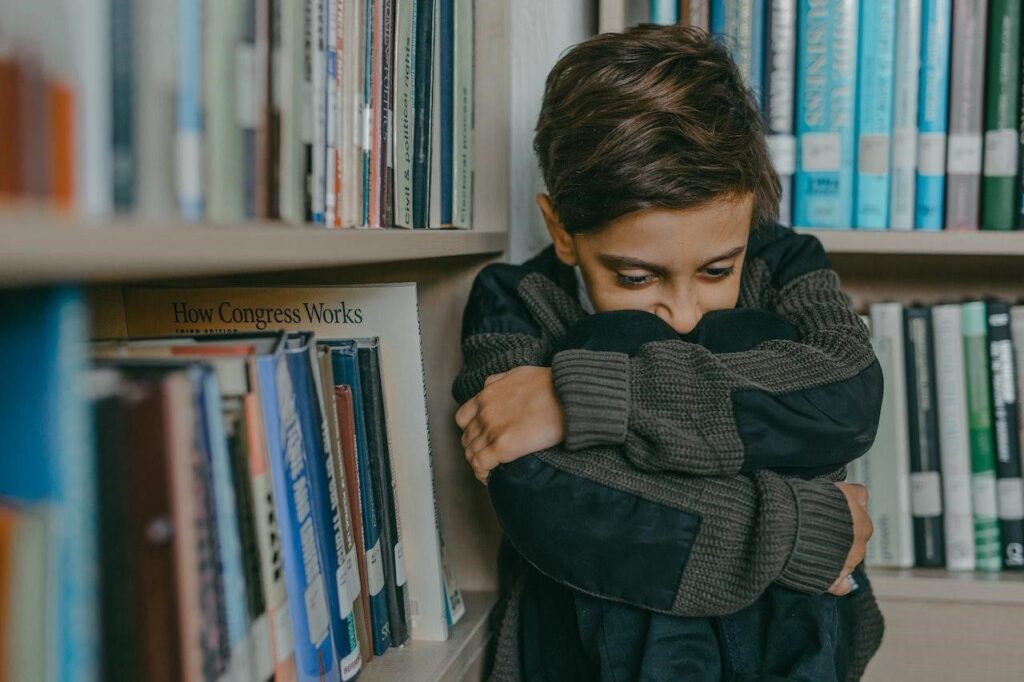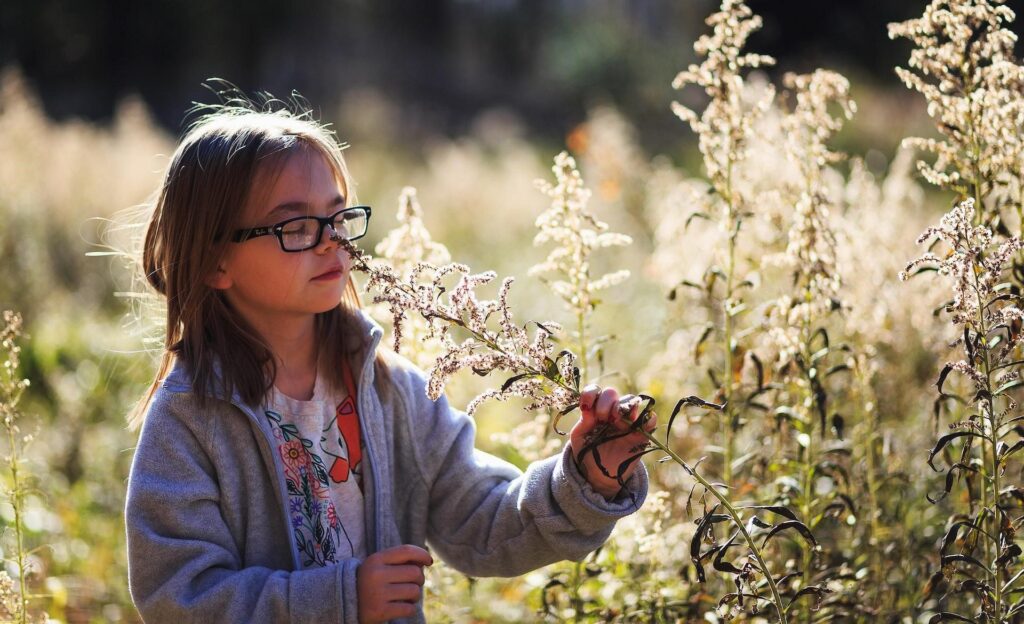School is supposed to be where children learn important concepts and develop the skills they need to thrive. It’s also where they meet friends, and sometimes even lifelong friends!
But for kids who have become victims of abuse and other adverse events, their ability to learn becomes affected. They may also struggle to build relationships with other kids and their teachers because they feel unsafe. Study shows that trauma, especially one that involves maltreatment, makes it difficult for a child to trust others.
This article explores how trauma adversely affects their school experiences. By understanding their behaviors, we can give them the right attention and provide a supportive environment.
Table of Contents
What Does Childhood Trauma Look Like in the Classroom?
It’s important to note that kids do not always share their feelings. Some kids even blame themselves for their traumatic experiences, causing them to stay silent. But the fact about trauma is that it manifests as behavior and performance problems in school, which teachers and counselors should pay attention to.
Watch out for the following:
- Inability to control their emotions (for example, when pushing turns into shoving) or to overreact to small challenges.
- They often misinterpret other people’s behaviors. A classmate’s neutral facial expression can be misinterpreted as anger.
- Antisocial behaviors include damaging or vandalizing school property and defying school rules. A 2016 study found that exposure to adversities early in life increases the risk of aggressive behaviors.
- Frequent absences and lower grades due to difficulty focusing on a task, processing information, remembering what they’ve learned, and problem-solving.
- Regressive behaviors include being mute, throwing temper tantrums, playing possum or dumb, and engaging in quiet baby talk.
These negative school experiences, in turn, may contribute to poor self-esteem. Trauma-informed schools play a vital role in supporting students through their mental health problems, allowing them to improve and continue to learn and grow in school significantly.
Ways to Support Students Who Have Experience Trauma
As a teacher or school counselor, you might be asking what role you can play. Here are some effective strategies that will help.
Look Beyond a Child’s Superficial Behavior
Misbehaving and getting in trouble with their peers signify something is wrong. Instead of concluding that the child is a troublemaker, try asking yourself, “Is this child struggling with something?
Why might they be behaving this way?” Remember that kids who have been traumatized are not trying to make you mad — it’s just that they’re struggling and are in “survival” mode.

Work With Parents
Teachers and parents are responsible for supporting a child’s mental health in the classroom. Together, you can brainstorm activities that will allow kids to recognize their trauma triggers, explore coping skills, and build resilience. It can include setting aside time to answer therapist-approved trauma worksheets.
Encourage Positive Thinking Through Visuals
One of the best ways to help a child’s mental health is by ensuring their environment inspires positivity. Trauma victims, in particular, can benefit from trauma coping statements and positive affirmations like:
- “I can treat myself with kindness and compassion.”
- “This feeling is uncomfortable, but it will pass.”
- “I can use my coping skills to calm down now.”
You will be able to find plenty of motivational quotes online for times when they are feeling discouraged. Print and put these statements and affirmations on the wall as reminders.
Watch a Film
Watching movies is a great way for children to feel refreshed. They increase vocabulary, teach valuable life lessons, and build character strengths (e.g., honesty, bravery, perseverance, self-control, and forgiveness). Sometimes, it’s better to show them rather than tell them.
Play Mindfulness Games
Mindfulness activities, which include games for kids, benefit them in many ways. From easing their stress to exercising their focus and memory, mindfulness sets them up for long-term success!

Start with these simple ideas:
- Mindful breathing – Ask them to sit comfortably, close their eyes, and breathe deeply and slowly for five minutes.
- Take a nature walk – Try this fun outdoor activity where you ask them to engage their senses. They must identify things they see, hear, touch, and smell. Alternatively, you can turn it into a scavenger hunt by letting them find certain items, such as a flower, birds singing, something yellow, and a sight that makes them feel calmer.
- Gratitude game – It may sound like a cliché, but focusing on what you’re grateful for now will help with the trauma-healing process. A simple gratitude game could be like writing down five things they are thankful for on a sheet of paper: a person, food, place, an object, and something else of their choice!
Final Thoughts
Helping young students affected by trauma entails recognizing common behaviors and creating a classroom setting that reduces stress and makes them feel safe.
There is no need to know the cause of trauma or explore the child’s story to help them. Strategies such as adopting a non-judgmental attitude and engaging in activities that build their strengths and increase mindfulness will make a big difference.













